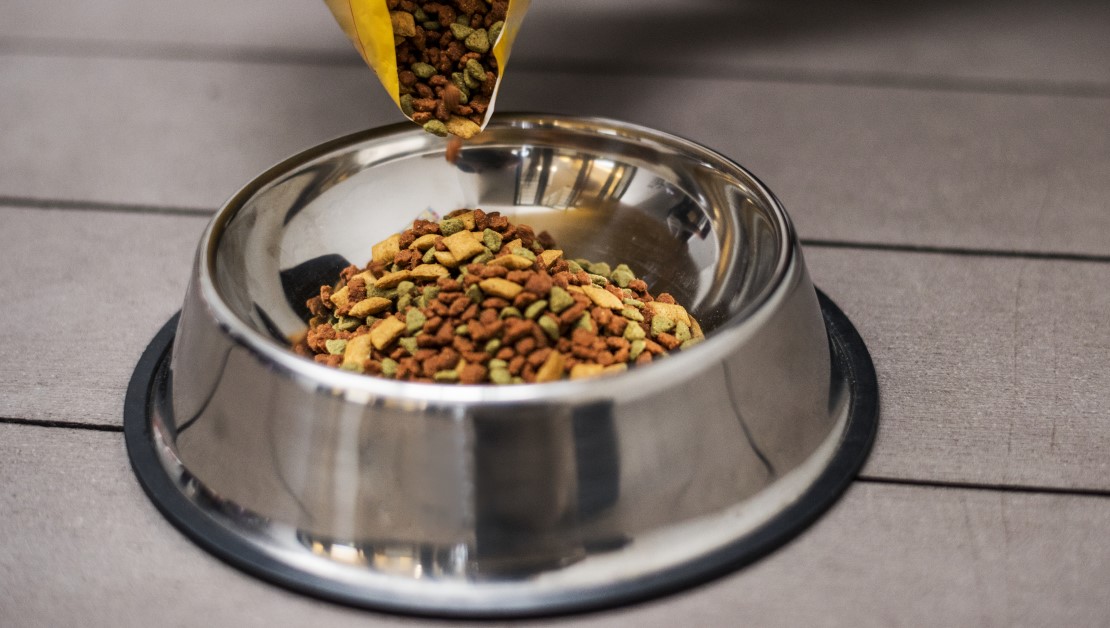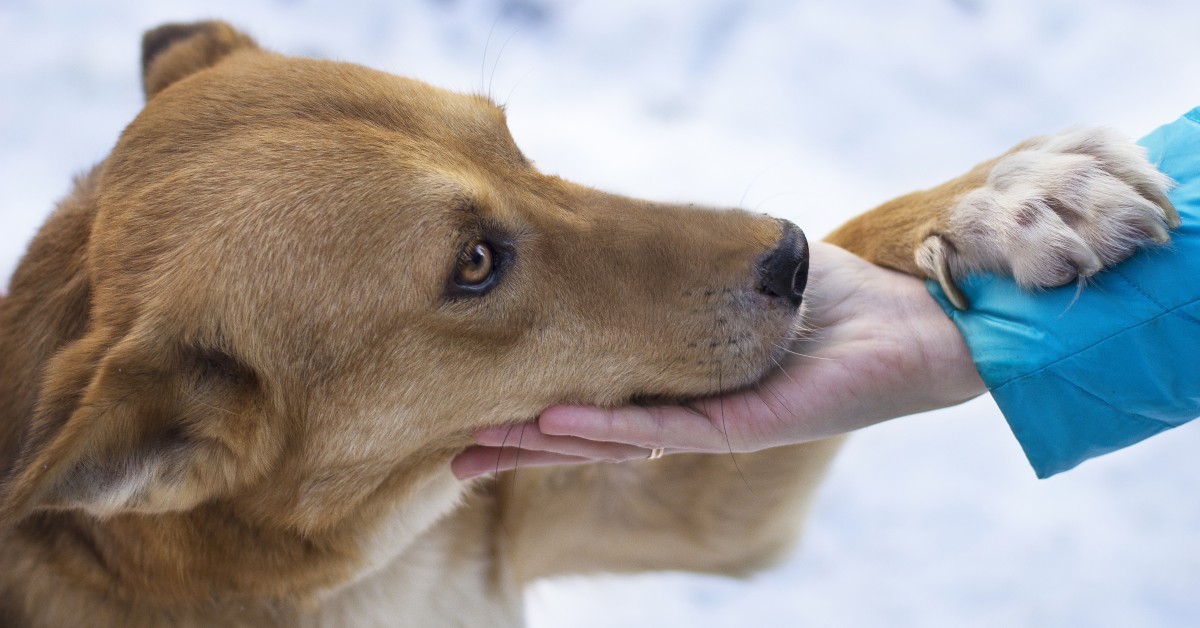The Impact of Pet Food Quality on Long-Term Health
Choosing a high-quality diet for your pet can help ward off illness and support overall health and well-being.

While many commercial pet foods claim to provide cats and dogs with balanced nutrition, this isn’t always the case. Poor-quality pet foods are often poorly digestible or may contain ingredients that are not good for your pet’s health. According to the American Kennel Club (AKC), pet foods with a digestibility of less than 75 percent are considered poor quality. In addition, ingredients like meat meal, rendered fat, and propylene glycol (PG) can be harmful to animals and offer little to no nutritional value.
When choosing pet food for your cat or dog, consider the ingredient list. Ideally, you want to choose a diet that has high-quality proteins, fruits, and vegetables. Failure to feed your pet a good diet could affect their health and possibly their lifespan. Let’s review how pet food quality impacts an animal’s long-term health and overall wellness.
The Problem with Processed Pet Food
Similar to how processed foods are often unhealthy for human consumption, processed pet foods can be unhealthy for dogs and cats. Commercial pet food companies often market their products as nutritional, but not all kibble and wet pet food products are made equal.
Heavily processed diets often contain low-quality proteins, with grains as a main or secondary ingredient. Many processed pet foods also contain a long list of preservatives, synthetic vitamins, additives, and other chemicals harmful to animals.
Another major problem with processed foods lies in the way they are manufactured. These products are often overcooked to break down ingredients like meat, bone, and cartilage. In turn, many of the essential nutrients found in these substances are eliminated, meaning the diet typically provides poor nutritional value. Commercial kibble, which is fed to millions of cats and dogs across the country, often contains cheap filler ingredients that offer no nutritional value to help keep the kibble structure together.
While pet food regulations do exist in the United States, they are often much laxer compared to human food products. Regulatory loopholes allow some pet food manufacturers to get away with using low-quality or even harmful ingredients.
How Poor Quality Pet Food Effects Dogs and Cats
Proper nutrition is vital for maintaining overall health in cats and dogs. Vitamin deficiencies or poor eating habits can have a significant effect on long-term health, resulting in a wide range of problems, such as:
Pet Obesity
Obesity in dogs and cats is often caused by overfeeding, lack of exercise, genetics, or a high-fat diet. When pets encounter these issues, they can experience gradual weight gain, difficulty moving, lethargy, and similar issues.
Pet Dental Problems
A lesser-known impact of poor-quality pet food is dental problems. A poor-quality diet, often combined with an abundance of oral bacteria, can contribute to problems like bad breath, swollen gums, and possible tooth loss.
Diabetes in Dogs and Cats
Genetics, obesity, and a poor diet are all common contributors to diabetes in cats and dogs. If your pet has developed diabetes, you may notice symptoms like increased thirst, weight loss, and frequent urination.
Urinary Tract Issues
Urinary tract problems in dogs and cats can have many different causes, with improper diet and inadequate hydration being some of the most common. Once the issue progresses, a pet may experience urinary blockages, blood in urine, and frequent urination.
How Good Nutrition Can Improve Long-Term Pet Health
Feeding your pet a healthy diet can lead to drastic improvements in their health, happiness, and overall well-being. First, good nutrition can lead to better sleep. Pets tend to get more restful sleep when they feel full and have all of their nutritional needs met, which comes from a healthy diet.
Next, quality pet food can contribute to better digestion, improved immune function, and healthier skin and coat. A balanced diet helps the body run smoothly and supports good gut health, immune function, and provides essential fats and oils for healthy skin and a shiny coat.
High-quality pet food is also needed to reduce your pet’s risk of disease. A balanced diet can help prevent chronic diseases, such as diabetes, arthritis, and obesity. This often translates to fewer vet visits and overall lower pet-related medical costs. Cats and dogs that remain healthy throughout their lives are also more likely to have a longer lifespan.
Keeping Your Pet Healthy with a Quality Diet
There are many things to consider when choosing a pet food or diet for your cat or dog. First, it’s important to remember that different breeds have different nutritional needs. For example, larger breed dogs often require more calories to sustain them compared to small dog breeds. Also, consider the age of the animal. Puppies and kittens have different nutritional needs compared to adult pets and seniors as they are still growing and developing.
With so much conflicting information regarding pet food quality, it can be difficult to know what type of diet to feed your cat or dog. The ingredients in your pet food can make a significant difference in your pet’s long-term health, and choosing the wrong diet could have serious health implications. If you’re new to pet ownership or want to reevaluate your pet’s current diet, speak with your veterinarian about what food is best for your pet’s specific breed, age, and overall nutritional needs.
Ready to start saving money on pet wellness care?
Then take a look at Mint Wellness, the pet wellness plan that provides fast reimbursement on routine pet care. Save on vaccinations, wellness exams, preventatives, dental, and more!
Learn More


